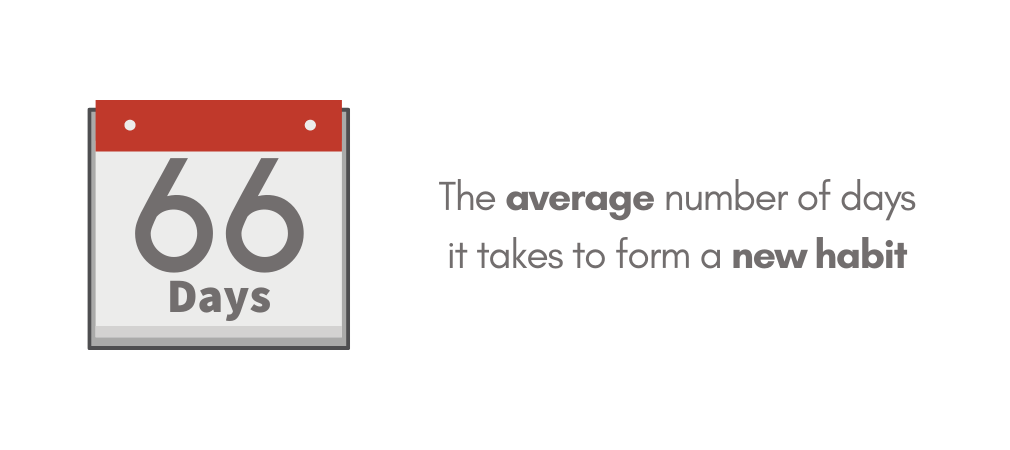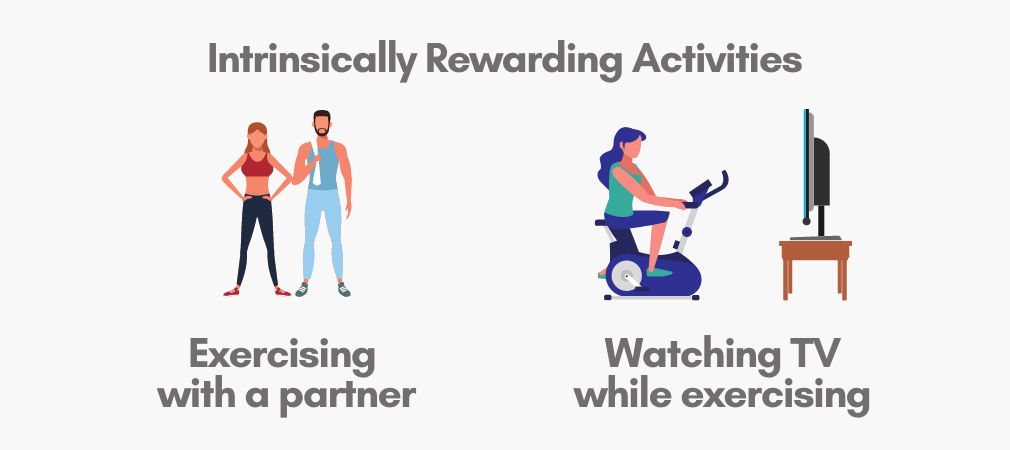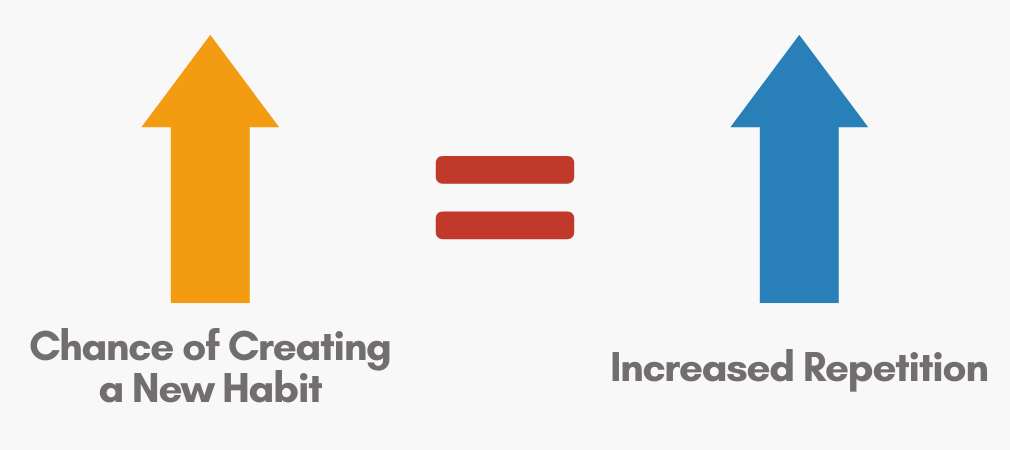Does It Really Take 21 Days To Create A New Habit?
Whenever you hear someone talk about trying something new or quitting a behaviour, it’s pretty common to hear people talk about how they are trying to do it for at least 21 days to form a new habit.
The idea here is that the task should get easier after that.
Is this true?
Nope.
The 21 days to a new habit myth likely comes from a book published by Dr. Maxwell Maltz in 1960, where he noticed a trend of people adapting to new transitions in their life.
Dr. Maltz was a plastic surgeon and noticed that when he would complete a reconstructive surgery for someone, it would appear to take about 21 days for the patient to adapt to the change.
He also made other observations, such as noticing that amputees took an average of 21 days to recover from the loss of a limb.
While this finding certainly speaks highly of the amputees he observed, it’s a qualitatively different task to attempt to change a habit such as quitting smoking, eating healthier, etc.
Tally et al. (2009) decided to take a closer look at the “how many days to change a habit” equation in the European Journal of Social Psychology.
In their study, researchers asked participants who were interested in forming a new habit (e.g., going for a 15 minute run each day, etc.) to assess how automatic it felt to engage in the new behaviour they were attempting to make into a habit.
Results showed that on average, by day 66, the new behaviour was going to become as much of a habit as it was going to be.

Overall, results ranged from 18-254 days with simpler habits being achieved more quickly and complicated habits taking more time.
Take-Home Message
When looking to change a behaviour or establish a new habit, 66 days is the sweet spot on average. If you miss a single day, here or there, research is on your side, as there doesn’t appear to be a significant drop in your ability to turn your goal into a habit.
And remember, if it’s a more complex task, such as trying to stick to a healthy eating plan if you have never really followed one, it will likely take more time.
So, if you slip up, make it a pit stop, get back on track and keep going!
3 Quick Strategies To Form A New Habit
For those working hard to form a new habit, let’s add a few more quick strategies to help you achieve your goals.
Use Intrinsic Rewards
If you are looking to form a new habit and you find it to be miserable or not that important, you probably aren’t going to keep at it for very long. Guts and will power alone usually isn’t enough.
It would be best if you found a way to make the activity pleasurable for you.
Phillips et al. (2016) tested this theory in the area of exercise and found that people were more likely to stick with a new exercise program if they found it intrinsically-rewarding (i.e., they found a way to make the activity pleasurable).
In this example, picking an activity you find enjoyable, such as exercising with a partner, participating in your favourite activity when exercising, etc. would be examples of an intrinsically-rewarding activity.
Use Vigilant Monitoring
If you are trying to form a new habit, chances are there is another habit you are trying to undo.
For instance, if you would like exercising to become a habit, procrastination may be a habit that you need to break. Or, if you are trying to eat healthily, there are probably certain foods you need to avoid consistently.
You get the idea.
So, what do you do about those bad habits you are trying to avoid?
Quinn et al. (2010) found that the most effective method was to be consistently mindful of the bad habit you are trying to avoid and attempt to not slip-up.
And when you do slip up, tell yourself, “Don’t do it.”
It sounds ridiculously simple, but it works!
Repetition is Key!
Self-help guru, Tony Robbins, has been quoted for years as saying, “Repetition is the mother of skill.”
It turns out that repetition is critical for forming a new habit as well.
Miller et al. (2018) have created a mathematical model of habit formation, which shows that repetition is vital when forming new habits.
Their habitation formation model is rather new (2018) and has been quite effective with mice. But, of course, humans aren’t mice.
However, many interesting scientific findings have started with trials about mice. Next up, the researchers will be looking at trials with humans.
And I’m willing to bet they find the same result.
Bonus Strategy
When setting your sights on a goal (remember, on average, you are shooting for 66 days to form a new habit), consider using a chunking strategy.
This strategy involves dealing with time in small chunks.
For instance, you could set a goal of just engaging in your new habit one day at a time. If this chunk of time seems too big, you could shrink it down to half a day or even hourly if that feels more manageable.
When dealing with tasks in appropriately-sized chunks, it will help you to avoid feeling overwhelmed and potentially throwing in the towel on your goal.
Are you surprised at the length of time that it takes to create a new habit?
What Strategies did you use to form new habits?


